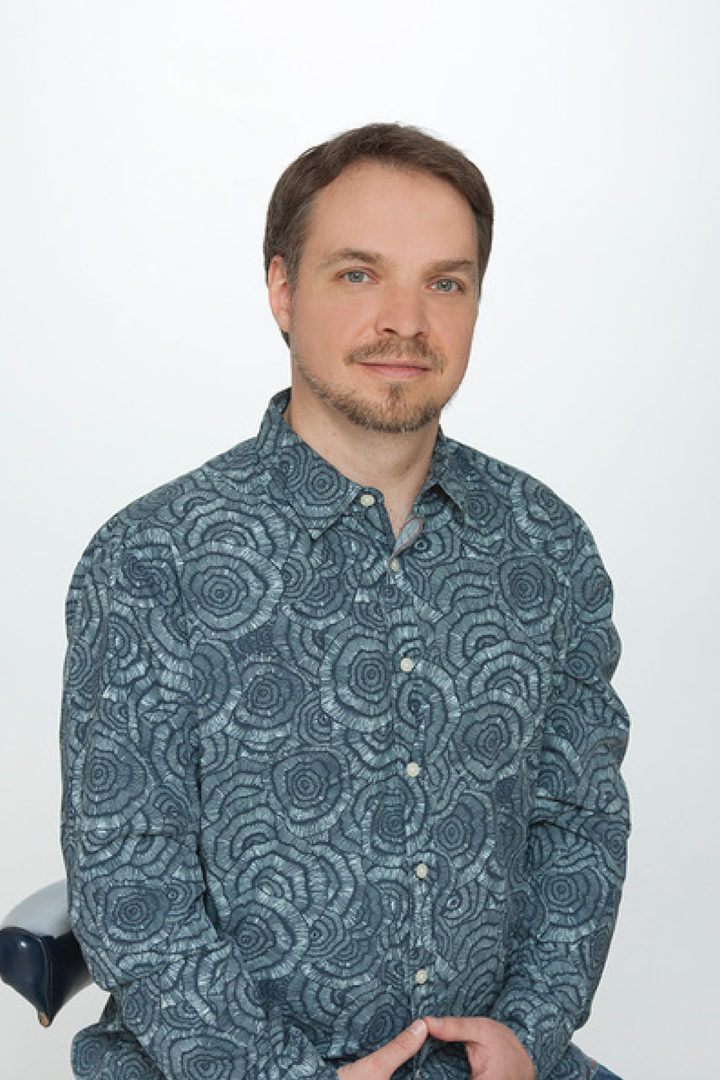Tom Froese

Master of Engineering in Computer Science and Cybernetics (M.Eng., University of Reading, 2004)
International Baccalaureate Bilingual Diploma (I.B., International School Manila, 2000)
Froese is a cognitive scientist with a background in computer science and complex systems. He investigates the interactive basis of life and mind with a variety of methods, including evolutionary robotics, agent-based modeling, sensory substitution interfaces, artificial neural networks, and virtual reality. He is particularly known for his contributions to the field of artificial life and to the enactive approach to cognitive science.
One of the central questions that guides Froese’s research is: how are agents transformed by the interactions in which they participate with others? He explores this question across various scales of analysis, including the origins of life, the origins of social awareness, the origins of symbolic communication, and the origins of large-scale social organization.
Another important aspect of Froese’s research is to reveal the essential role of tools and technology, and of environmental mediation more generally, in facilitating these qualitative transitions in the complexity of life and mind. As a paradigmatic case study, he studies how the use of human-computer interfaces has the potential to transform the user’s perceptual experience, which has implications for the science of consciousness.
Professional Experience
- Postdoctoral Researcher, Sackler Centre for Consciousness Science, University of Sussex, UK (2010)
- Postdoctoral Researcher, Department of General Systems Studies, University of Tokyo, Japan (2010-2012)
- Postdoctoral Researcher, Institute for Applied Mathematics and Systems Research, National Autonomous University of Mexico, Mexico (2012-2014)
- Research Associate and Principal Investigator, Institute for Applied Mathematics and Systems Research, National Autonomous University of Mexico, Mexico (2014-2019)
- Assistant Professor, Okinawa Institute of Science and Technology Graduate University, Japan (2019 - present)
Awards
- ELSI Origins Network Long-Term-Visitor Award, Tokyo Institute of Technology, Japan (2017)
- Vice-Chancellor’s Visiting International Scholar Award, University of Wollongong, Australia (2015)
- UNAM Postdoctoral Fellowship for Foreign Researchers (2012-2014)
- JSPS Postdoctoral Fellowship for Foreign Researchers (2010-2012)
Service
- Editor-in-Chief, Adaptive Behavior, 2017-
- Editorial board, The Journal of Mind and Behavior, 2015-
- Editorial board, Constructivist Foundations, 2013-
- Reviewer Editorial Board, Fronties in Neurorobotics, 2020-
- Reviewer Editorial Board, Frontiers in Robotics and AI, 2014-
- Reviewer Editorial Board, Frontiers in Psychology, 2013-
- Cognition and Linguistics Track Chair, Conference on Complex Systems (CCS 2017), 2017
- General Co-Chair, The Fifteenth International Conference on the Synthesis and Simulation of Living Systems (ALIFE 2016), 2016
Select Publications
- Candadai, M., Setzler, M., Izquierdo, E. J., & Froese, T. (2019). Embodied dyadic interaction increases complexity of neural dynamics: A minimal agent-based simulation model. Frontiers in Psychology, 10(540). doi:10.3389/fpsyg.2019.00540
- Froese, T., Campos, J. I., Fujishima, K., Kiga, D., & Virgo, N. (2018). Horizontal transfer of code fragments between protocells can explain the origins of the genetic code without vertical descent. Scientific Reports, 8: 3532. doi:10.1038/s41598-018-21973-y
- Froese, T., Gershenson, C., & Manzanilla, L. R. (2014). Can government be self-organized? A mathematical model of the collective social organization of ancient Teotihuacan, Central Mexico. PloS ONE, 9(10), e109966. doi:10.1371/journal.pone.0109966
- Froese, T., Iizuka, H., & Ikegami, T. (2014). Embodied social interaction constitutes social cognition in pairs of humans: A minimalist virtual reality experiment. Scientific Reports, 4: 3672. doi:10.1038/srep03672
- Zapata-Fonseca, L., Froese, T., Schilbach, L., Vogeley, K., & Timmermans, B. (2018). Sensitivity to social contingency in adults with high-functioning autism during computer-mediated embodied interaction. Behavioral Sciences, 8(2). doi:10.3390/bs8020022
- Zarco, M., & Froese, T. (2018). Self-optimization in continuous-time recurrent neural networks. Frontiers in Robotics and AI, 5(96). doi:10.3389/frobt.2018.00096



